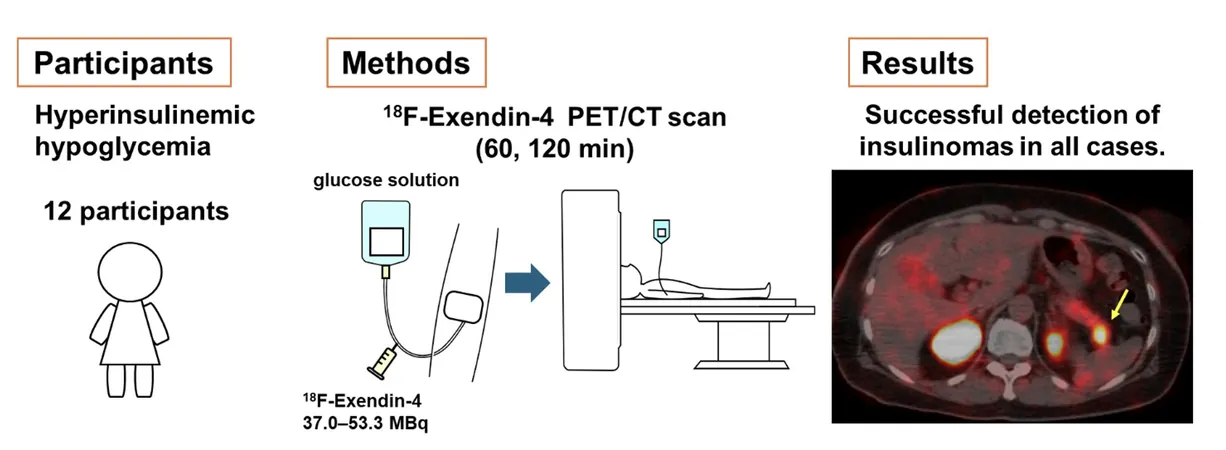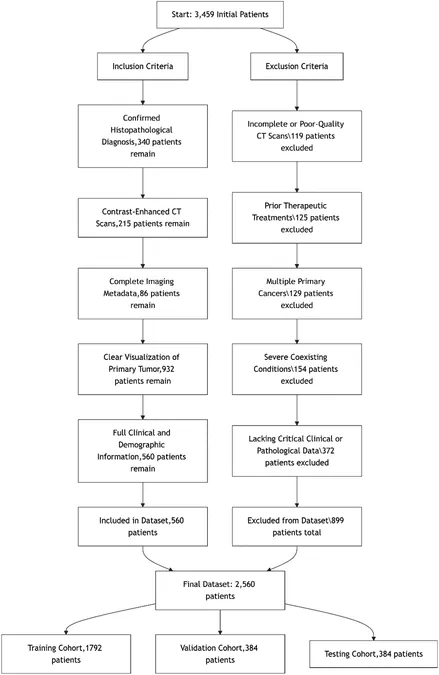
Unlocking the Secret: Meet the Super Sleepers Who Thrive on Just 4 Hours!
2025-05-08
Author: Wei
Imagine a world where four hours of sleep is all you need to feel completely refreshed. For some lucky individuals, this isn’t a dream but a reality, thanks to rare genetic mutations that allow them to function at their best with minimal shut-eye.
Recently, scientists have uncovered a fascinating mutation known as SIK3-N783Y in a human super-sleeper. In groundbreaking research, they tested this mutation on genetically modified mice, confirming that these mice also needed less sleep, shedding light on the genetics behind ultra-efficient sleepers.
The implications of this research are huge. By decoding the secrets of natural short sleepers—who thrive on just four to six hours of sleep—scientists hope to revolutionize treatments for various sleep disorders. As study co-author Ying-Hui Fu, a neuroscientist from the University of California, San Francisco, explains, "Natural short sleepers can perform critical bodily functions at heightened efficiency while we sleep. It’s a glimpse into the potential of our genetics to optimize health and performance."
Published in the journal PNAS, this research expands on previous studies linking other genes to shorter sleep durations. While most adults require seven to nine hours nightly for peak performance, these natural short sleepers experience adverse effects when they attempt to snooze for longer than their optimal duration.
Interestingly, as they investigated this newfound mutation, researchers found that lab mice with the SIK3 mutation slept about 31 minutes less on average, and a staggering 54 minutes less after a period of sleep deprivation. Mice typically sleep around 12 hours a day, making this reduction highly significant, even if it’s less dramatic compared to human short sleepers.
As we delve deeper into the genetics of super sleepers, Sik3 emerges as a key target for future research. By focusing on enhancing sleep efficiency and satisfaction, scientists are on the brink of potentially transformative discoveries. Who knew that a little genetic twist could hold the key to our restless nights?
Stay tuned for more groundbreaking revelations in sleep science!




 Brasil (PT)
Brasil (PT)
 Canada (EN)
Canada (EN)
 Chile (ES)
Chile (ES)
 Česko (CS)
Česko (CS)
 대한민국 (KO)
대한민국 (KO)
 España (ES)
España (ES)
 France (FR)
France (FR)
 Hong Kong (EN)
Hong Kong (EN)
 Italia (IT)
Italia (IT)
 日本 (JA)
日本 (JA)
 Magyarország (HU)
Magyarország (HU)
 Norge (NO)
Norge (NO)
 Polska (PL)
Polska (PL)
 Schweiz (DE)
Schweiz (DE)
 Singapore (EN)
Singapore (EN)
 Sverige (SV)
Sverige (SV)
 Suomi (FI)
Suomi (FI)
 Türkiye (TR)
Türkiye (TR)
 الإمارات العربية المتحدة (AR)
الإمارات العربية المتحدة (AR)